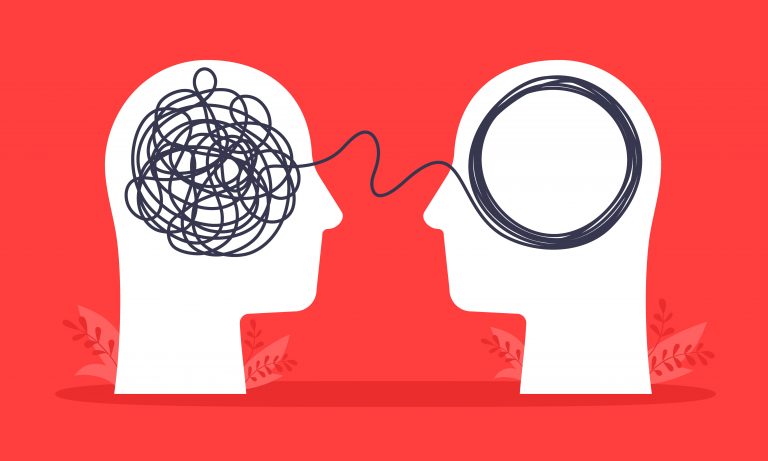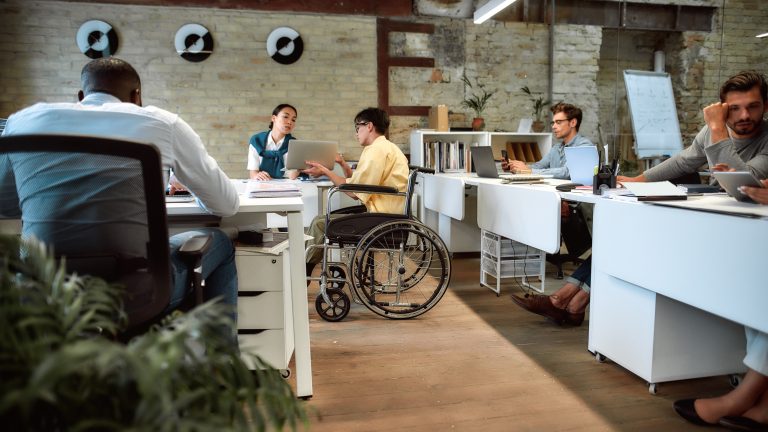99% of remote workers say remote working has had at least one positive impact on their life.
- 48% of remote workers reported feeling more productive when working away from the office
- 2 in 5 respondents said they have improved their diet as a result of working remotely
- 44% of remote workers say they exercise more regularly than when they worked in an office
- 39% of remote workers have reported feeling lonely at least once
- Over 27% of remote workers reported that they have felt overworked at least once
Working remotely from home has become the new norm for many during the COVID-19 outbreak. But, in addition to helping in the fight against the spread of the virus, what other positives does working from home have on remote workers?
As more companies have taken to remote working, to help keep workers and the wider community safe during the recent outbreak, it’s encouraging to report that 99% of respondents to our survey reported it has had at least one positive impact on their life.
Our survey found that one of the biggest positives of working remotely is on an employee’s mental health. A total of 60% of respondents said their mental health had improved by being out of the office. Interestingly, those who work remote full-time were less likely to report an improvement in mental health (56.2%) compared to those who work remotely‘often’ (64.6%).
Respondents also indicated their physical health had improved as a result of working remotely, with 40% of respondents saying their diet had improved and 44% saying they engaged in more physical exercise when working away from the office, rising to 48% in full-time remote workers.

The improvement in someone’s life is also closely linked with how large the company is that they work for. Excluding freelancers, (who may have chosen to be a remote freelancer for various reasons) our study found people in large companies experience the most positive outcomes (55%) from working remotely, followed by those working for medium-sized businesses (46%) and, finally, those working for small businesses (43%).
Additionally, between age groups, our survey found some big differences between generations. While 63% of those under 25-years-old say they benefit from being able to spend more time with friends and family, just 44% (the second-lowest of all the age groups) say they feel more productive as a result of working remotely.
Interestingly, while millennials are often spoken about in relation to mental health, 25-34-year-olds are the least likely to say they have seen a mental health benefit from working remotely, with just 56% of respondents saying they experienced an improvement in their mental health as a result of working remotely.
Our survey also found that 39% of remote workers have reported feeling lonely as a result of working remotely, with full-time workers the most likely to report feeling this way (45%); in addition to being the most likely to feel overworked (29%) and under-appreciated (29%).
In response to the findings and the ongoing COVID-19 situation, Melissa Cadwallader, Head of HR from ZenBusiness had this to say:
“Working from home can be extremely rewarding for your mental health and offers freedoms that may not be accessible in the office, like cooking your favourite meals for lunch or taking breaks to spend time with your children.”
“Our data highlights that the majority of people are finding WFH a positive experience for their mental health, but it also shows that 2 in 5 are not. We advise everyone to ensure they exercise, take regular breaks, eat and sleep well, drink plenty of water, and stick to a routine where possible.”
“Workers should utilise this time to get familiar with their WFH policy documents and request support from their employers. If you are struggling with your work environment or are having technical difficulties for example, your employers are there to help, regardless of the size of your business. You are working from home during a global crisis, it’s not a regular working week, and it is important to recognize that it’s ok not to be ok and that there are people you can talk to. ”
“Even if your working from home methodology involves Netflix and pyjamas and candy bars, it’s a personal process that we all must explore and figure out. If you are looking for advice outside of your employer, please visit mentalhealth.gov.”


























